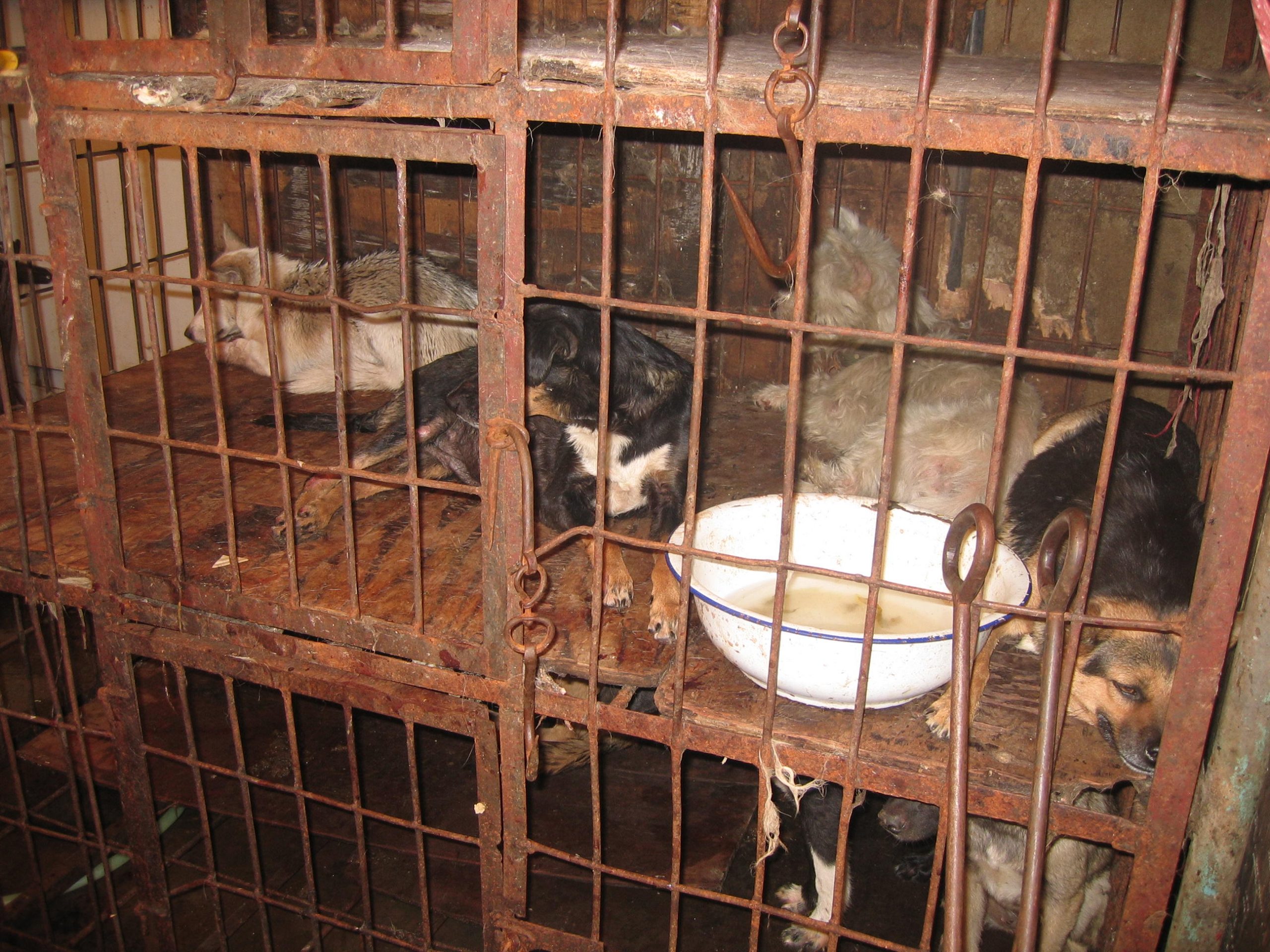A Buddhist Approach to Covid from Dharma Voices for Animals

A Buddhist Approach to Covid from Dharma Voices for Animals
by Sharon Warner Methvin
Dharma Voices for Animals, Portland Chapter
Covid-19 and my experiences in the Wet Markets of China, as a Buddhist, academic and a vegan….
Each of us individually and collectively has a choice—a choice to lean into the suffering that is everywhere or to distance ourselves with our drug of choice. The COVID-19 pandemic brings us this challenge like no other time in recent history. Have we prepared for this bigger challenge by practicing with smaller challenges in our lives? How can we use this time as an opportunity to scour the sour parts it exposes, the judgements, the proclivities’, the three poisons, and the arrogance? How can we rise to the challenge on the wings of compassion and wisdom? That is the question today for us individually and collectively. When fear grips us; what is our response?
As an academic and an anthropologist, my research has taken me to China over the past 15 years and into the live animal markets that are commonly found in each city. I can say that my heart was “rendered asunder” by what I saw and that I know deeply that there is a “fate worse than death”. My courage to be inside there came from the conviction that my suffering was insignificant if it would help bring awareness to the suffering of the animals in the markets. The images will haunt me forever, just as the images will haunt those who enter the slaughterhouses in the West.
While my research focused on the cat/dog meat trade, the conditions and the suffering in the live animal markets does not discriminate by species. In fact, it is these very conditions that drive the propensity for a virus to jump the species barrier, such as it did with COVID-19 and other zoonotic viruses in the past.
The conditions of blood-stained floors and killing areas of blood, guts, heat, stress and overcrowding are only one part of the picture that drives a virus to mutate and spread. The bigger part of the picture is the conditions of human culture and its expression. What do I mean?
Cultural perceptions in China consider a live, freshly killed animal will provide the most benefit both in taste and in health. Thus, markets might be filled with tanks and stalls of live animals from which to choose. Often an animal will be held up so the buyer can see how fat and healthy it is, proudly displaying its condition to demand a higher price. These cultural perceptions run deep in traditional Chinese culture and stem from the historic period during which harsh winter conditions made strengthening one’s health and life force of Chi energy via blood, meat and organs from the vitality of animals, a common practice. In fact, a guard dog might then become your food dog when winter comes, to be replaced by another guard dog in spring.
Historic cultural perceptions and meat eating are not limited to China, of course. I am reminded of my tradition of Tibetan Buddhism which historically exhorted the importance of eating meat in the harsh conditions of the Himalayas where vegetables were scarce. While neither of these historic cultural traditions are needed today–the attachment and perceptions run deep.
What then is the response to COVID-19 for us as Buddhists who follow the precept of non-harming? For me, it means to lean into the suffering and the hope, even when every fiber of my being wants to stay protected behind the glass walls of my condo in Portland. In my opinion it is to foster the message of hope as our wing of wisdom and to practice leaning into the suffering of the pandemic as our wing of compassion.
The wing of compassion means taking direct action to ease the suffering of the consequences of the pandemic. Caring people are on the ground, helping animals who are victims of COVID-19 abandoned and hungry in Asia on the streets in China, just as we did after the bush fires in Australia and again in the Amazon. Activists are also on the ground providing vegan meals and money to counter human food insecurity.
The wing of wisdom means to recognize that this pandemic has brought humanity closer together as no one, from pauper to prince, is immune to its effects. The hope of this wing of wisdom is in how this pandemic has made us a bit kinder and gentler to each other with less regard to status or species. The hope also lies in the wake-up call to humanity that a sixth extinction is real and it will not discriminate, just as COVID-19 has not.
What of the question of karma? My teacher, Lama Zopa Rinpoche of the Mahayana tradition, explains that we have both an individual and a collective karma in which we participate and contribute. Thus, it is our responsibility to not turn a blind eye in this pandemic but to begin to see with feeling eyes, knowing that our thoughts, words and deeds have an impact, not only for us but for our collective karma. Will humanity’s shift in awareness last? Or will we go back to our life as before, a planetary life of greed and indifference?
Sharon Warner Methvin, PhD
Dharma Voices for Animals, Portland Chapter
We are free to choose in life, but we are not free to choose the consequences of our choices.
(Author unknown)
We make a living by what we get, but we make a life by what we give.
Winston Churchill

